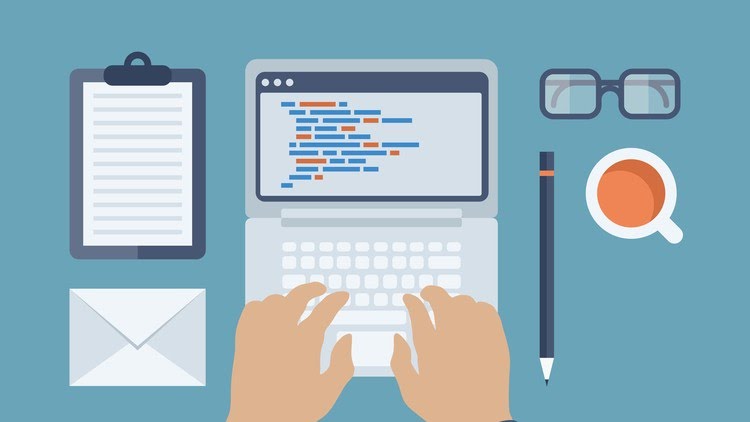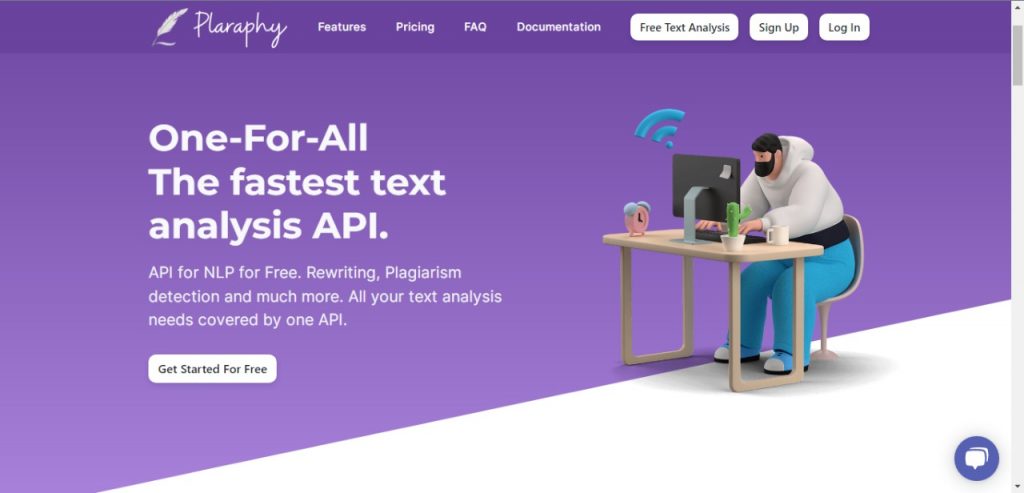
Check The Plagiarism Of Texts In Any Language With This API
Has it ever happened to you that you couldn’t check the plagiarism of your text because it was in another language? Well, you won’t have that problem anymore if you use the API we’ll recommend hereafter! Keep reading to find out all about it.
Plagiarism is defined as presenting someone else’s work or ideas as your own, with or without their authorization, by incorporating it into your work without giving full credit. This definition encompasses all published and unpublished content, whether in handwritten, printed, or electronic form.
Plagiarism can be intentional, inadvertent, or both. This action, whether intentional or irresponsible, is a disciplinary offense under examination standards. That’s why one would logically want to avoid it at al costs.
Fortunately, there are various great services available that can detect probable plagiarism in text. These services are useful regardless of the type of writing you need to examine, ranging from blog posts and advertising to university papers and news articles.
The best plagiarism detectors go above and above by offering links to the original, plagiarized material as well as grammar and linguistic advice. When evaluating the top plagiarism checkers, we looked at a variety of factors. Meaning the size of their content database, third-party integrations, the type of client they are most suited for, and pricing options.
But what about the extra features, like language recommendation tools, specifically? Well, on that field, we have encountered one plagiarism checker API in particular that stands out among many others; Plaraphy.

How Does A Plagiarism Checker API Work?
A basic purpose of plagiarism detection software is to search for instances of plagiarism in a body of text. Both paid plagiarism detectors, as well as their no-cost versions, notify the author if their writing contains duplicate content (also known as plagiarized text) inside the text body.
To detect plagiarism, most tools use cross-referencing between open websites and web pages. When it comes to plagiarism detection software designed for academic purposes, numerous plagiarism checkers make use of large web databases of published works for cross-referencing.
Other aspects of more complex commercial plagiarism checkers include alerting the writer to whether or not a piece of their writing requires a citation. Thus, providing citation formatting rules or tools, and assigning a grade to a document depending on how unique the content is. Certain advanced technologies, like Plaraphy, also check for plagiarism in many languages and employ AI technology to detect duplicate and paraphrased text.

Why Plaraphy?
Plaraphy is the most effective plagiarism checker on the market. It has strong algorithms that can detect any copyright infringement in a text with just a few clicks. As a result, it is also prepared to provide rewording ideas to help you attain complete uniqueness while composing your work.
This API is also well-known for its paraphrase tool, which allows you to reformulate any copied section of text in order to communicate its thoughts differently, without changing its meaning or duplicating any previously published work.
Last but not least, its user-friendly design simplifies things even further. It was created to assist you attain originality while also saving you time that you could spend rereading it and coming up with new ideas.
Plaraphy has already assisted thousands of students, content creators, bloggers, journalists, and writers in avoiding plagiarism and improving their creative abilities. So don’t waste any more time and join them into benefitting from this helpful API!
